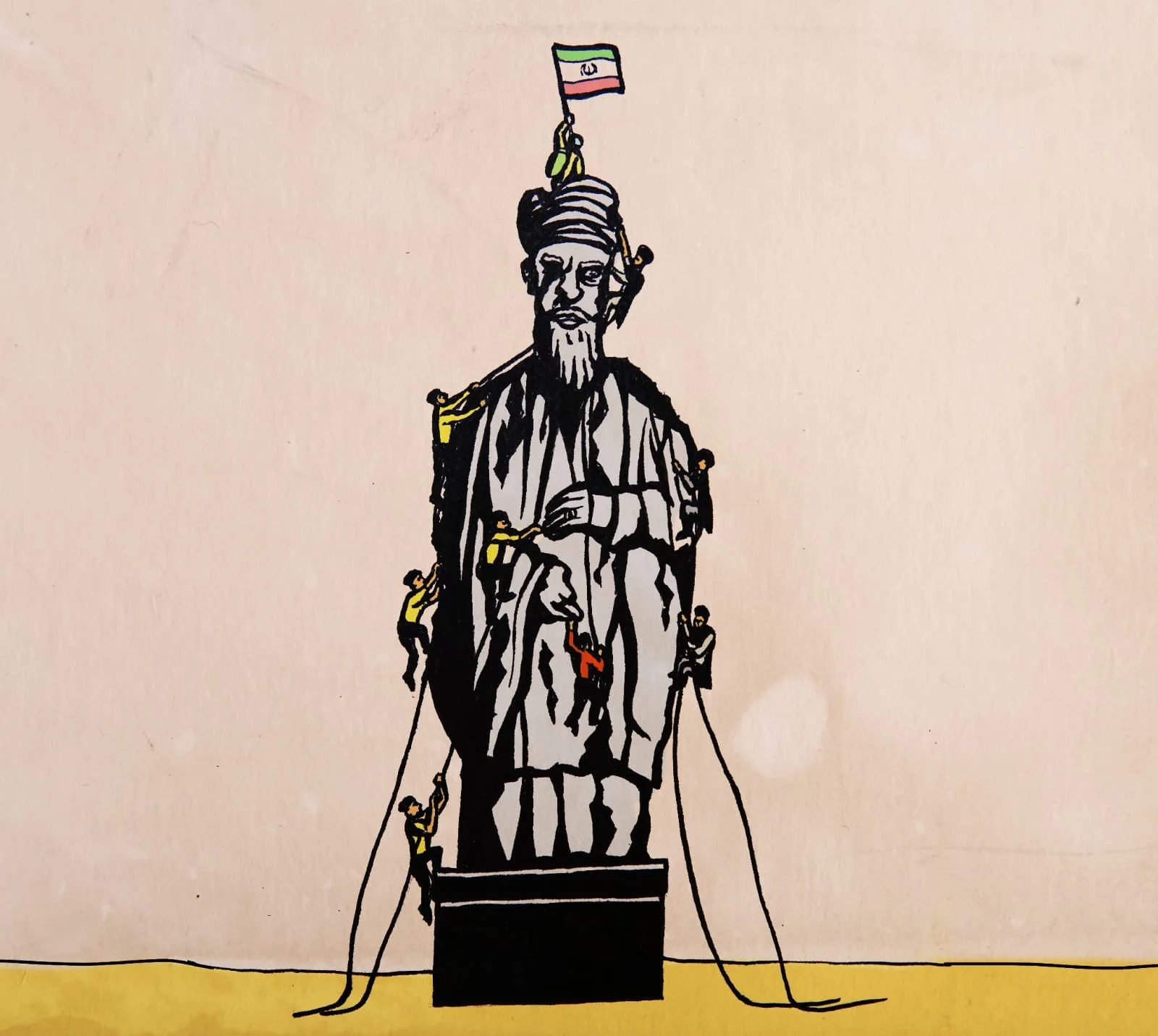How a split in the IRGC could break up Iran
How sick is Iran’s supreme leader?
That has been the question on the tongues of many a foreign policy analyst as protests rage from Tehran to Baluchistan.
Sayyid Ali Hosseini Khamenei, 83, had surgery some weeks ago for bowel obstruction after suffering extreme stomach pains and high fever, reported the New York Times in September.
“His doctors remain concerned that he is too weak to even sit up in bed,” they reported
A former president of Iran and protégé of Ayatollah Ruhollah Khomeini, founder of the Islamic republic, Khamenei assumed the position of the country’s top religious, political and military authority in 1989. But what happens when Khamenei dies? And who will succeed him?
The Assembly of Experts for the Leadership is an 88-member body of Islamic jurists, elected by direct popular vote every eight years. According to the Iranian Constitution, the Assembly’s mandate is to appoint, monitor, and even dismiss the supreme leader.




















